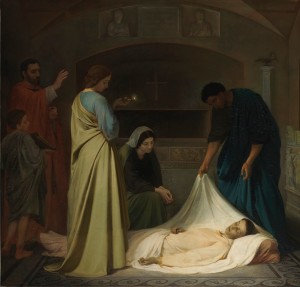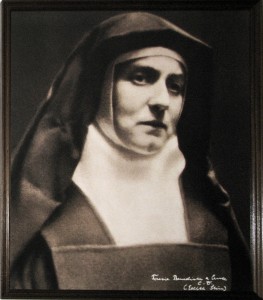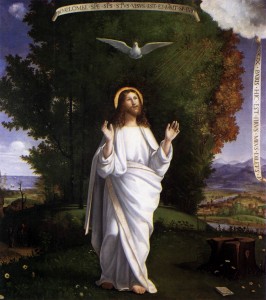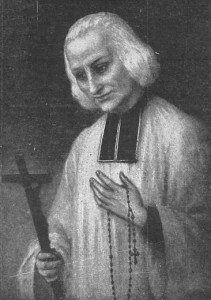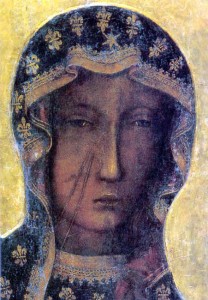The Holy Father sent the following message to His Excellency, Mr Ban Ki-moon, Secretary General United Nations Organization, regarding the tragic situation of Christians in Iraq at the hands of Muslim extremists. No doubt we are seeing the systematic rejection of the Gospel and the lives of Christians in the Middle East. The aim of the reign of terror is the establishment of the caliphate. And yet, Muslim scholars deny the move. A Dominican friar working Iraq said this:
It is a humanitarian disaster. I have witnessed a hard time and a bitter history of my country and especially my beloved Church. The monster of our time (ISIS) maims all without mercy. When I see Christians persecuted in my country, humiliated and driven from their homes, it really hurt my heart. In addition, before the genocide of Christians in Iraq, there is a total silence from the international community. The fate of Christians rests between humiliation and departure, what misery! At this time of disruption, sometimes, I receive words or an email to give me a little courage, that’s nice. But now, I would like at this time to offer a practical approach from someone who is in a chaotic situation and who really needs support.
Pope Francis’ letter to Mr Ban Ki-moon:
It is with a heavy and anguished heart that I have been following the dramatic events of these past few days in Northern Iraq where Christians and other religious minorities have been forced to flee from their homes and witness the destruction of their places of worship and religious patrimony. Moved by their plight, I have asked His Eminence Cardinal Fernando Filoni, Prefect of the Congregation for the Evangelization of Peoples, who served as the Representative of my predecessors, Pope St John Paul II and Pope Benedict XVI, to the people in Iraq, to manifest my spiritual closeness and to express my concern, and that of the entire Catholic Church, for the intolerable suffering of those who only wish to live in peace, harmony and freedom in the land of their forefathers.
In the same spirit, I write to you, Mr Secretary-General, and place before you the tears, the suffering and the heartfelt cries of despair of Christians and other religious minorities of the beloved land of Iraq. In renewing my urgent appeal to the international community to take action to end the humanitarian tragedy now underway, I encourage all the competent organs of the United Nations, in particular those responsible for security, peace, humanitarian law and assistance to refugees, to continue their efforts in accordance with the Preamble and relevant Articles of the United Nations Charter.
The violent attacks that are sweeping across Northern Iraq cannot but awaken the consciences of all men and women of goodwill to concrete acts of solidarity by protecting those affected or threatened by violence and assuring the necessary and urgent assistance for the many displaced people as well as their safe return to their cities and their homes. The tragic experiences of the Twentieth Century, and the most basic understanding of human dignity, compels the international community, particularly through the norms and mechanisms of international law, to do all that it can to stop and to prevent further systematic violence against ethnic and religious minorities.
Confident that my appeal, which I unite with those of the Oriental Patriarchs and other religious leaders, will meet with a positive reply, I take this opportunity to renew to your Excellency the assurances of my highest consideration.
